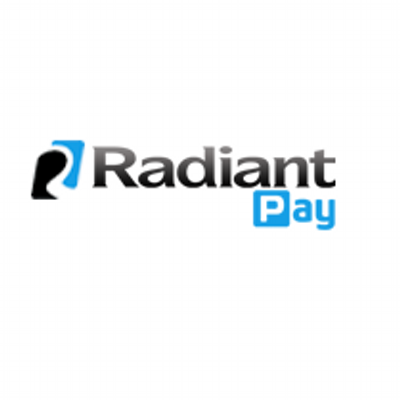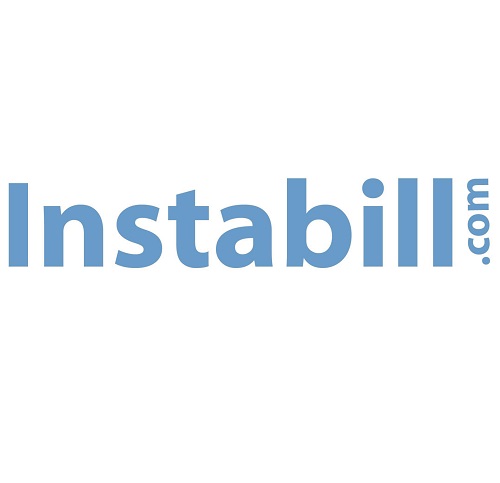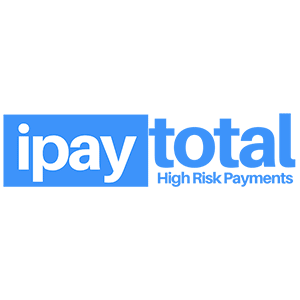The 10 Best Aggregated Merchant Account
Normally, high risk merchants do have the option to secure their own direct merchant account and payment gateway. This will be placed under their own name and their own business details.
However, there will be instances where, due to their specific industry, certain banks and card schemes will not allow this. The reasons are that the merchant is prone to either high-levels of financial risk, liability, or the banks simply do not want to be associated with this type of industry for reputational reasons.
To resolve this challenge, merchant service providers have created aggregated merchant accounts. It is a third party processing service that allows you to process your payments without having a merchant service account of your own. Specifically, the acquiring bank allows you to use their merchant account under their own terms and service.
Aggregate Merchant Accounts group several merchants together under one billing descriptor. This solution is a common and legitimate practice for “very” high risk businesses.
Take a look at these 10 Aggregated Merchant Service Providers to determine which will serve your business best.












